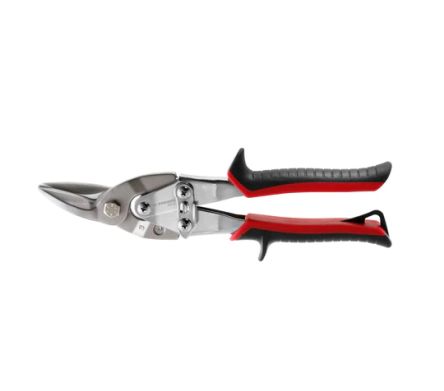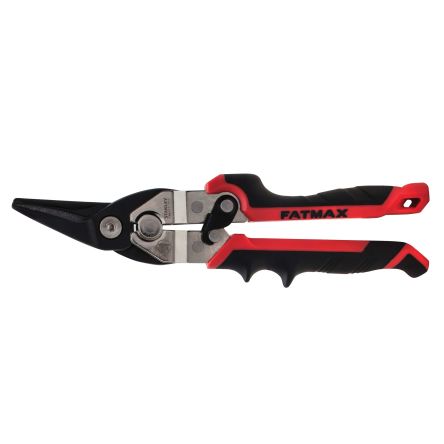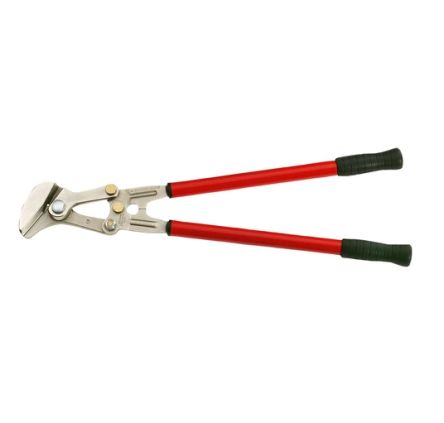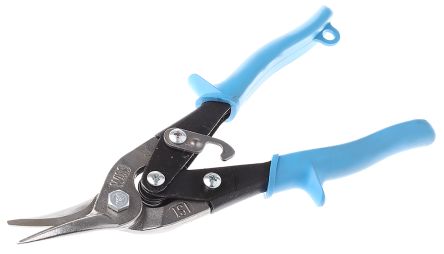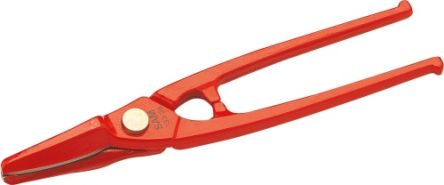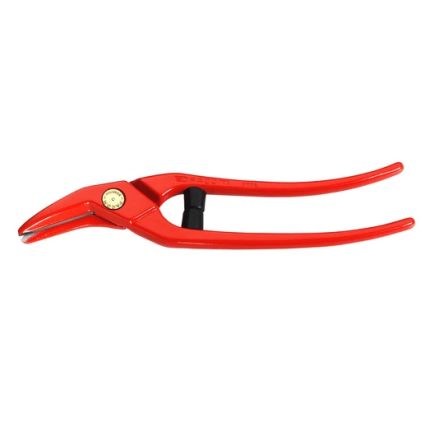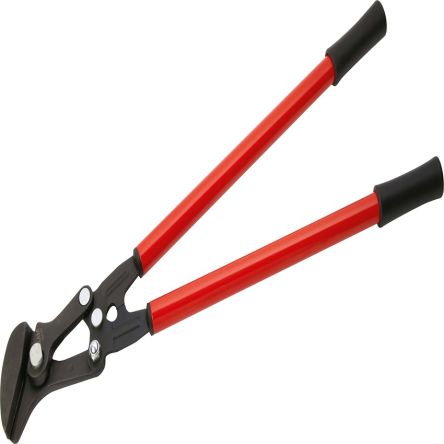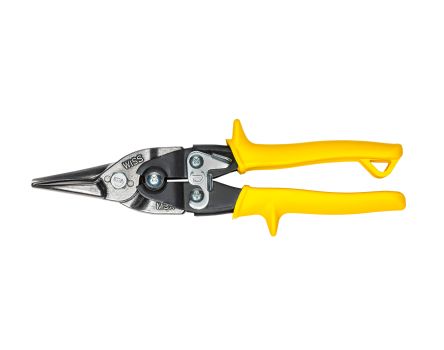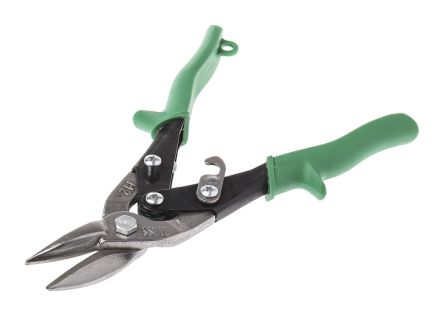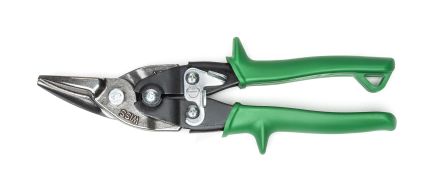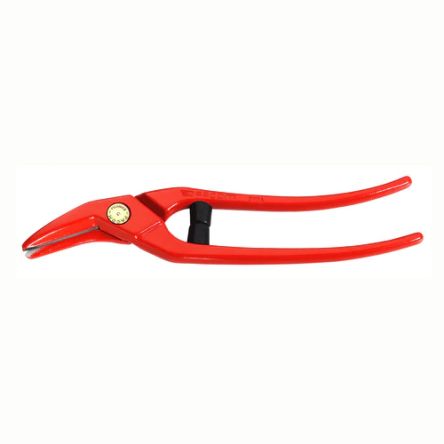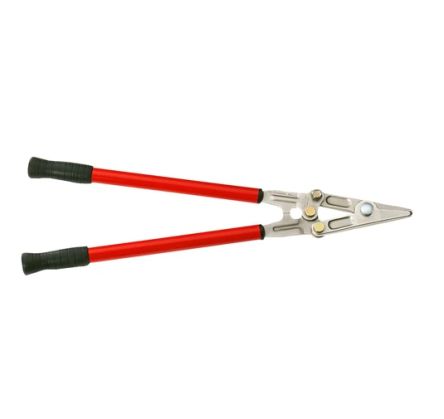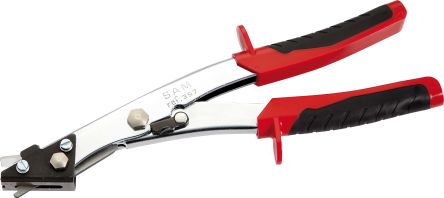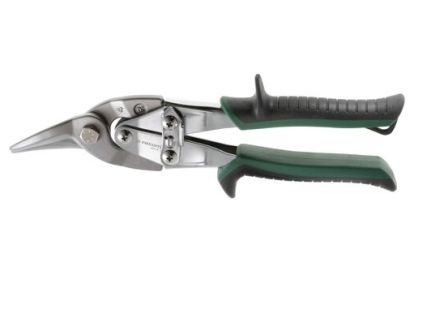- Automation & Control Gear
- Cables & Wires
- Enclosures & Server Racks
- Fuses & Circuit Breakers
- HVAC, Fans & Thermal Management
- Lighting
- Relays & Signal Conditioning
- Switches
- Batteries & Chargers
- Connectors
- Displays & Optoelectronics
- ESD Control, Cleanroom & PCB Prototyping
- Passive Components
- Power Supplies & Transformers
- Raspberry Pi, Arduino, ROCK, STEM Education & Development Tools
- Semiconductors
Tin Snips
Tin snips, also known as metal cutters, are specifically used to cut sheet metal into required shapes and sizes. They have a high cutting capability, with different models designed for particular gauge levels. The length of the handles can vary based on the style of tin snips, with longer handles and shorter blades used for heavier duty cuts by providing additional leverage, and the rubberised handles allow for a stronger grip. Snips are available in different styles of cut, including straight, directional (left or right), and curved, with the blades typically manufactured from drop-forged carbon steel to provide the required strength and a long working life.
Types of tin snips
- Aviation snips - typically used in the aviation industry to cut sheet metal, aviation snips are also known as combination snips due to their dual pivot points and spring-loaded mechanism. Aviation snips come in three basic styles that most manufacturers colour-code to make them easily identifiable during work: red snips are best for left directional cuts, yellow snips are best for straight cuts, and green snips are best for right directional cuts.
- Tin snips - also available in different directional cuts, standard tin snips are not typically colour-coded unless specific brands have chosen to do so. There are different forms of standard tin snips available, including straight cut, curved cut, duckbill, and bulldog.
- Nibblers - used for finer metal cutting work, a nibbler's blade moves precisely along the kerf (a channel left behind by a saw or blade) using a spring-loaded action. The predominant difference between tin snips and nibblers is that nibblers have one blade that cuts using a punching motion as opposed to the dual-bladed cutting action of tin snips.
